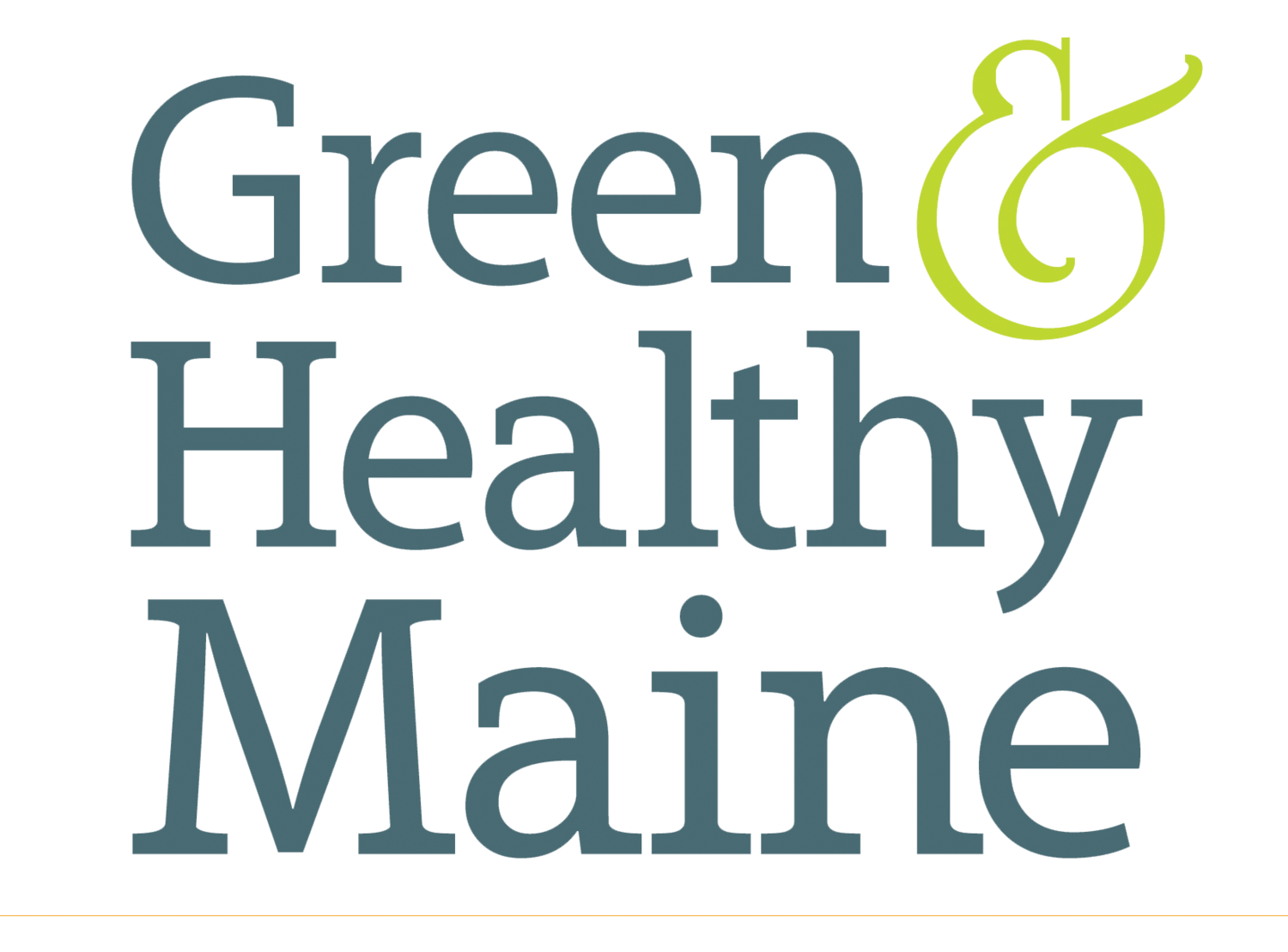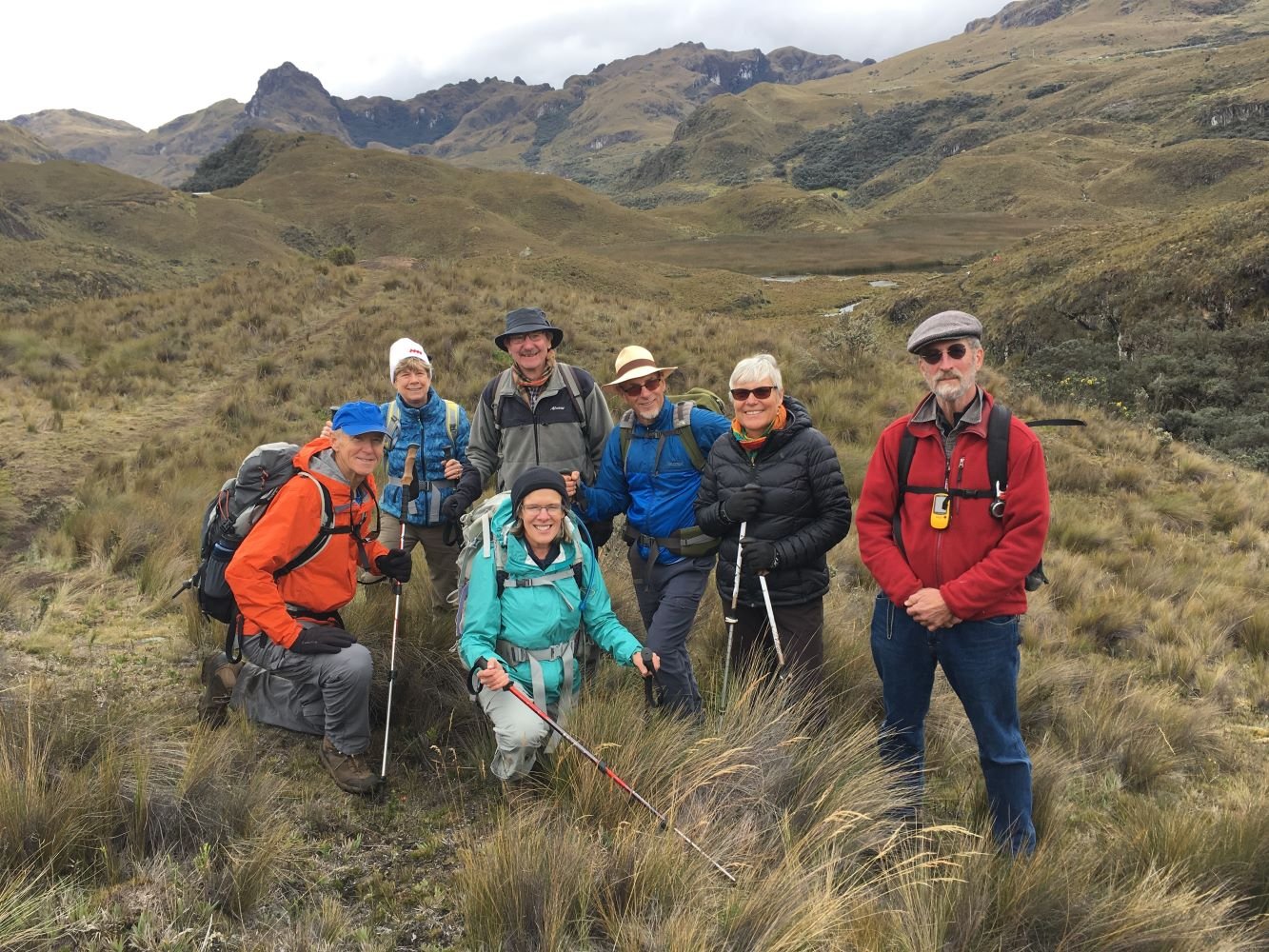Interview with a changemaker: Susan B. Inches
By Amy Paradysz
PHOTO: SHARON PEAVY.
Advocating for the environment.
That’s the title of the course that Susan B. Inches teaches at Bates and Colby colleges as well as the title of her book. It’s also an apt description of her life, most of which has been spent here in Maine, speaking up on behalf of the earth. Inches, 66, has had an impact on the tightening of Maine’s building codes, the preservation of our working waterfronts and the establishment of Efficiency Maine. These days, she’s lobbying for the Pine Tree Amendment to the Maine Constitution— which would give all people in the state the legal right to clean air, clean water and a healthy environment—and is a policy committee member in the coalition for a consumer- owned utility. Putting her lockdown months of the pandemic to good use, Inches wrote Advocating for the Environment for anyone who wants to make a difference and just doesn’t know where to start.
We interviewed Inches before her winter 2021-2022 speaking tour. The following are highlights from the conversation.
Can you tell me a little about your career path and how you became a changemaker?
During college, I spent a year [1974–75] in Oregon and Washington state planting trees on federal forest lands.
I saw that logging companies had clear-cut massive areas, and then they would burn or herbicide all the leaves and plants off the forest floor. The Cascade Mountains, where I was, are extremely steep and you could see the topsoil washing down the mountains and out to sea. I thought, if this is the way we’re doing forestry, we’ve got to make some changes. I came back to Maine and transferred to College of the Atlantic, which is environmentally focused. Later, I also got a master’s degree from the University of New Hampshire.
I’ve always been in communications, one way or the other. I was in marketing and advertising at the beginning of my career. I worked at Hannaford’s corporate offices. Eventually, I realized that advocacy is just another form of communication; you’re selling an idea rather than a product or a company. When I’m in the halls of the State House, for example, I’m trying to sell them on the idea that we need a constitutional amendment that guarantees the right to clean air, clean water and a healthy environment.
It’s the same thing with giving speeches or writing a book or teaching—it’s all about getting ideas out there that I think people should be thinking about.
What do you teach?
A skills-based course called Advocating for the Environment. The students do a hands-on advocacy-based project and go through all the steps. Teams of three or four people select a topic, and then I show them how to go through the stages: researching their topic, figuring out who the decision makers are, framing the issue and doing a power map of where the power lies with supporters and opponents. And then they have to testify in front of the class to persuade us why we should adopt their point of view.
While writing her book, Inches thought about the millions of Americans who are members of environmental groups and are looking for ways to make a difference.
Your book was inspired in part out of a desire to reach more potential changemakers?
The classes are small, about 15 students, and I thought that if I wrote a book on this, I could get the ideas out there much more broadly. Then, when COVID came and we were isolating in our houses, I had the time.
Who is the book for and what is its purpose?
I was thinking about members of organizations like the Sierra Club, the Nature Conservancy and the League of Conservation Voters. Fifteen million people in this country belong to environmental groups, because they care. I wanted to create a toolkit on how to have an impact. So many people feel overwhelmed, and I want to tell them that it doesn’t have to be complicated. You might write a letter to your representative about something you care about. I try to take the fear out of it and make it accessible. Because we need more people to be speaking up for the earth.
How do you describe what advocacy is?
It’s asking decision-makers to do what you want them to do.
What drives that?
For me, it’s my deep caring for the environment and caring for equity for all people. Right now, in our culture, the power is skewed toward corporations and the elite, and the people are getting left out of big decisions that impact them. What drives me is the belief that we need to get back to a place where our cities, towns, states and country are run by the people, not by highly paid corporations and lobbyists. It’s really about a shift in the power structure.
And a shift in mindset.
The first half of my book is about learning to think differently. We have been regarding the earth with a colonial mindset. We have been extracting from the earth, harvesting from it and not replenishing it. We have to change this mindset to become sustainable on this planet. For example, I think that people are realizing that we can’t keep allowing corporations to make unlimited profits without holding them accountable for pollution. We can’t just keep dirtying our nest and expect to live a healthy life.
Many people are taking as their lead some of the indigenous cultures that see the earth as our partner rather than seeing human beings as dominating the earth. This is exciting to me. With this mindset we could create a healthy planet where every person is respected and where we give back to the earth as much as we take, and it could be a wholly different kind of life.
Can you give an example of giving back to the earth?
Contrast regenerative forestry and agriculture where we support the nutrition of the soil with what we have been doing, which is to harvest and harvest and harvest until the field is basically dead. It is possible to farm and put back all the plant waste that doesn’t get used and turn that into new soil. But the problem is that we’re so profit-oriented and putting back into the soil costs more money.
So we need a longer-term view.
Most of agriculture is competing to provide the cheapest possible food without putting anything back into the soil. In the long run, that’s costing us way more, because we’re abandoning farmland that’s no longer fertile. Thousands of acres of farmland are abandoned every year. We need to be thinking longer-term or thinking about the whole cycle instead of the attitude that I call colonialism or domination, which is that we take as much as we can, make as much money as we can and move on.
Whether we’re talking about mining or about fish or lumber.
Absolutely. I worked in fisheries for seven years. The fishermen were caught in a system that didn’t support sustainability. It supported harvesting everything as fast as possible. Many of the fish stocks, particularly in the Gulf of Maine, collapsed under the fishing pressure. We have to think about things in a different way. And create the systems to support thinking about things in a different way. That’s advocacy.
Sue Inches with her dog, Millie. PHOTO: BOB SESSUMS.
Do you have advice for when people don’t know how to fit advocacy into their lives?
You can be an advocate within whatever it is you’re already doing.
Whether you’re a landscaper, or a chef, a writer, a teacher, whatever?
Exactly. You can build advocacy into it. If you’re a musician—and I’ve seen this a lot—you can write songs that are about the earth, or you might talk in between songs about what you care about. If you’re a landscaper, you can advise your clients not to put poisons on their lawn and to instead use all-natural solutions. Whatever it is you do, you can advocate for the earth.
What is Maine’s role in the environmental movement? Would you say that we have a “gift,” in that both liberals and conservatives really love the land?
I think we do. We have a small enough population that you’re never too many degrees of separation from decision- makers. And we have a compellingly beautiful environment. One person might love snowmobiling, and another person might love birdwatching, but everybody wants to keep the environment as clean as possible. This allows Maine to be a leader on environmental laws, which we are. We have taken the lead on several issues, and other states are interested in emulating us because we are able to get laws through because we have such bipartisan support.
And it doesn’t matter if they’re into hiking or hunting.
That’s right. Many hunting, fishing and sporting club members are environmentalists. And then there’s a growing movement among Christians called Creation Care saying that if God created the earth, we should treat it like it’s sacred. This is really encouraging. I see the climate crisis like a world war: to win it, we need everybody on board. During World War II, whether you were a grandmother knitting socks or you were serving in the armed services, everybody had something they were doing as part of a common effort. And that’s what we need to see here. In fact, I hope the climate crisis becomes a sort of “common enemy” of all people. Maybe we can overcome some of our differences when it comes down to keeping enough clean water and clean air for people to live.
You can’t get more down to the basics than water and air.
The Pine Tree Amendment is resonating with people at that level. People are asking, “Don’t we have those rights already?” Legally, we don’t. We have the right to free speech and the right to own a gun but not the right to clean water or clean air. Support is building because people realize we need those rights to be protected.
Author Sue Inches hiking with a group of friends in Ecuador in 2019. Inches credits her experience planting trees in the Cascade Mountains while she was in college with motivating her to become an environmental advocate. COURTESY PHOTO.






